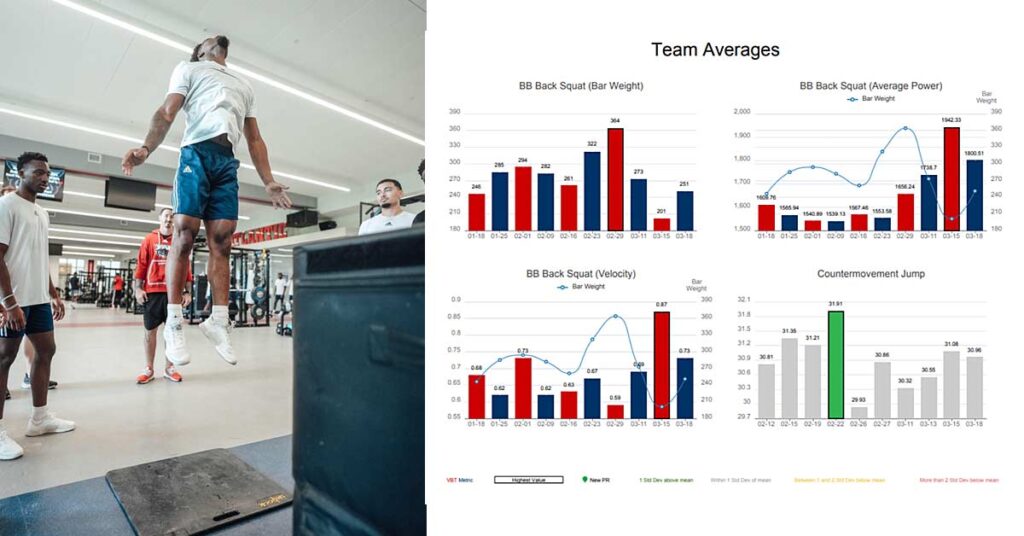
The Demise of Prompt Engineering: A Contrarian View
Prompt engineering has long been hailed as the key to unlocking the full potential of large language models (LLMs) and AI systems. However, recent research is challenging this conventional wisdom, suggesting that the future of prompt engineering may not be as bright as once thought.
The Fallacy of Human-Crafted Prompts
Traditionally, prompt engineering involved crafting specific queries or instructions to elicit desired responses from LLMs. Yet, a groundbreaking study by Rick Battle and Teja Gollapudi at VMware has turned this practice on its head. Their research indicates that prompts generated algorithmically by the model itself outperform human-engineered prompts in almost every scenario.
 Algorithmic Generation
Algorithmic Generation
The study revealed that autotuned prompts, bizarre and unconventional as they may seem, consistently yield better results than meticulously crafted human prompts. This paradigm shift challenges the very essence of prompt engineering and raises questions about its relevance in the era of autonomous model optimization.
The Rise of Autotuned Prompts
In a parallel development, Vasudev Lal and his team at Intel Labs have pioneered the concept of autotuned prompts for image generation models. By leveraging reinforcement learning and automated prompt enhancement techniques, they have demonstrated superior image generation capabilities compared to human-curated prompts.
 Automated Enhancement
Automated Enhancement
Lal’s NeuroPrompts tool exemplifies the power of machine-driven prompt optimization, showcasing the potential for AI systems to surpass human ingenuity in creative tasks. The tool’s ability to transform simple prompts into visually stunning images underscores the limitations of manual prompt engineering.
The Future of Prompt Engineering
As the industry grapples with the implications of these paradigm shifts, the role of prompt engineers hangs in the balance. While some, like Tim Cramer of Red Hat, argue for the enduring relevance of prompt engineering, others foresee a shift towards a more automated and self-optimizing model landscape.
In conclusion, the era of manual prompt engineering may be drawing to a close, giving way to a new frontier of autonomous model optimization. As AI continues to evolve, the need for human intervention in prompt engineering may become obsolete, paving the way for a more efficient and effective AI ecosystem.















